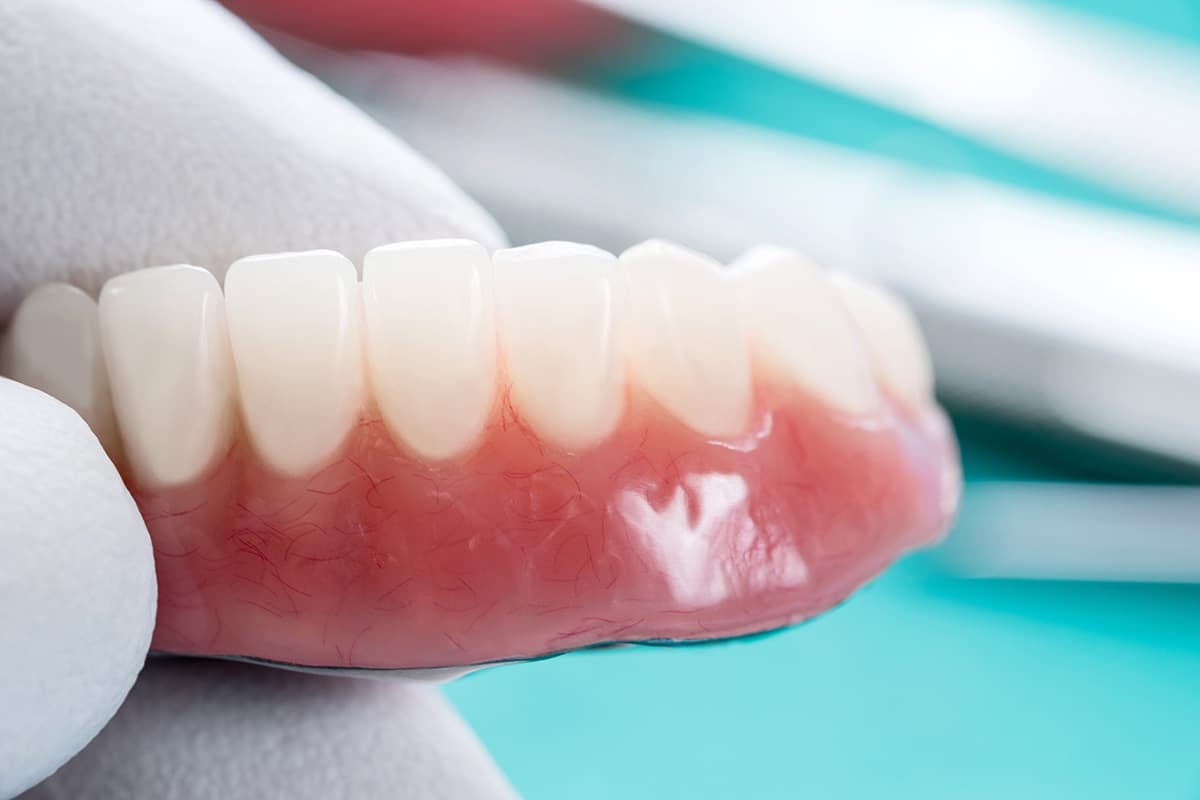New
Special Offers For: Pediatric Children's Dentistry + Braces for All Ages. Limited Time Offer
Open ’til 7pm + Saturday
Call Us
832-804-7427
832-804-7427

Gum disease has been a significant problem in human history for many millennia. It is hard to imagine Ancient Egyptians or other societies brushing their teeth. Even the original civilizations knew that brushing your teeth was the best way to maintain healthy teeth.
We've evolved the concept of oral hygiene over thousands of years. The days of "chewsticks" used by Egyptians, or the first bamboo-handled and boar-bristled toothbrush created by the Tang Dynasty of China are gone, and the problem of gum disease has not disappeared.
Although we are better at taking care of our teeth, it is still hard to eliminate bacteria. These microorganisms are attracted to dark, moist places like our mouths.
While brushing and flossing can help prevent many oral health problems, dentists still see many people suffering from gum disease.
Plaque and tartar, microorganisms that can build up on your teeth, create a sticky film that damages enamel and erodes the gums. This sticky film can lead to mild gum disease called gingivitis. If left untreated, it can become a more severe condition called periodontitis.
Learn about the different types of gum disease and take preventative measures to protect your gums.
Unfortunately, not all cases of gingivitis are apparent. For many, the problem is not apparent until it becomes more serious. This is why yearly dental cleanings are recommended!
Gingivitis, an early stage in gum disease, can be treated quickly and easily. Gingivitis is a condition that causes sensitivity of the gums, teeth, and gums. There may be other symptoms that you overlook. It's easy to ignore these warning signs, so it is essential not to ignore them.
If you are familiar with the signs of gingivitis, there are a few things to watch out for:
Take a look at your gums when you brush your teeth.
You may have early-onset gingivitis if your gums are redder or bleeding more than usual.
Gum inflammation can also be seen in bleeding gums when flossing or brushing your teeth. While this doesn't necessarily mean that you have a serious problem, you should start preventative treatment for gingivitis.
It's possible to prevent gingivitis by improving your oral hygiene routine.
Gingivitis can be eliminated by regular flossing and brushing. Make an appointment for your dental checkups.
Preventative care is possible by having a dental exam. Our dentists can detect any problems developing before they become serious. Gingivitis is a serious condition that can lead to bone loss and other health problems.
A hygienist's professional dental cleanings are the best way to get rid of tartar and plaque buildup. The dentist may recommend antiseptic mouthwash prescriptions if your gums require more support. These steps can all be combined to reverse gingivitis before it becomes periodontitis.
Gingivitis can be ignored or misunderstood by people who don't know they have it. If left untreated, periodontitis develops. Only a dentist can manage the problem at that stage.
Inflammation of the periodontium is the simplest form of periodontal disease. This is the tissue and bone between your teeth and your jaw. Pockets form when plaque and harmful bacteria grow in these areas.
In the later stages, aggressive periodontitis develops slowly. The problem can spread to other parts of the body. Your body's immune system fights the infection, but the problem continues to spread if you don't practice good oral hygiene.
Periodontitis, unlike gingivitis, is a progressive disease. Each stage causes plaque and bacteria to spread, leading to more severe symptoms. The signs of worsening include:
Many signs can be internal such as sensitive teeth or poor gum health. The symptoms eventually become visible. Poor tooth alignment can also lead to loose teeth while receding gum tissue of your healthy gum tissue causes tooth loss.
If not treated, chronic periodontitis can be deadly, like any other infection.
Periodontal disease can worsen due to poor hygiene and diet. The body's chronic inflammation response kicks in. Lovett Dental can help you prevent receding gums, loss of bone, and cardiovascular disease due to periodontitis.
While early gingivitis can be treated with a professional cleaning and good oral hygiene, severe cases require more serious care.
Root planing is a procedure where the dentist removes the infection from the root. Usually done in conjunction with antibiotics, it removes any debris below the gums and cleans the gum line to allow the gums to reattach to their teeth.
Periodontitis can be prevented or treated with a professional dental cleaning. More severe cases may require surgery if excess plaque builds up after cleanings and other treatments.
Gum disease surgery involves a quick procedure where your dentist goes into your gums' soft tissue and swelling. The infection is removed at the root of the tooth, and then the gum tissue can be sewn together. Healthy gums and teeth are reconnected.
Learn how to care for your teeth and gums to prevent periodontal disease and other complications.
You can improve your oral hygiene routine to avoid gum disease.
Periodontitis is the leading cause of tooth loss. It's crucial to maintain good dental hygiene habits. Gum disease can be prevented by early detection and regular dental cleanings. Brushing and flossing are also important.
The best way to prevent periodontitis from developing is to keep your mouth clean. Gingivitis can be reversed and is easy to treat. Do not let bacteria take over your mouth. Schedule your yearly cleaning to prevent gum disease and maintain your dental health.
Lovett, Splendid & Haven Dentistry
Dental Offices in TX